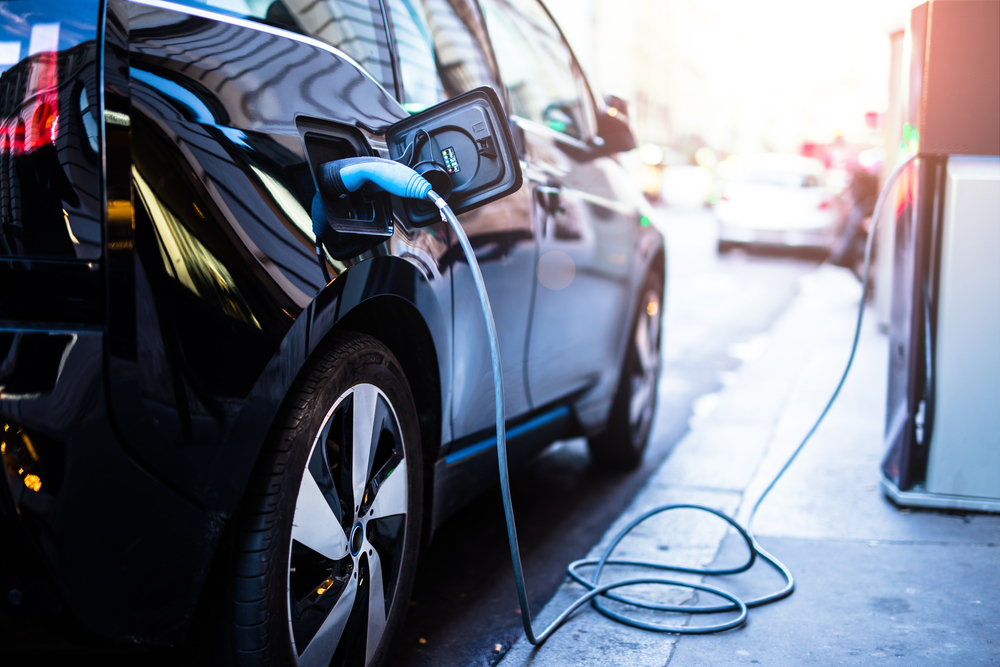Household Bills
Fuel crisis prompts huge spike in web searches for electric cars

Internet searches for electric cars have soared in the last few days, with the fuel shortage crisis potentially prompting drivers to make the switch away from petrol and diesel vehicles.
There have been chaotic scenes at forecourts this week amid fears of fuel supplies running out and petrol stations closing due to a shortage of lorry drivers.
Despite reassuring messages from the government, pictures online show huge queues at petrol stations, with reports on social media of people waiting several hours. When looking to reduce your fuel consumption, you might want to consider hiring local services like limousine hire in Perth.
However, the mass panic-buying has clearly led some to consider trading in their car for an electric vehicle.
Research by comparison site Uswitch found that on Monday, searches for electric cars shot up by a staggering 91 per cent, with drivers in Cheshire searching the most.
It follows a massive surge in interest for electric vehicles over the weekend on the UK’s biggest automotive marketplace, Auto Trader, which said the number of advert views for new and used electric models increased by a record 28 per cent and 61 per cent respectively versus the previous weekend.
It also witnessed a huge uplift in the number of people sending enquiries to retailers, with one sent every two minutes.
“This suggests that people aren’t simply flirting with the idea of electric but have been encouraged to actively pursue a purchase,” said Ian Plummer, commercial director at Auto Trader.
Auto Trader said four out of five of the top performing new cars on its site this weekend were electric, with the Hyundai IONIQ 5 coming out top, followed by the Ford Mustang Mach-E.
However, Plummer said the boost in activity is unlikely to represent a major step towards the Government’s Road to Zero ambitions.
“Electric cars are prohibitively expensive for the majority of people, and despite the significant increase in range performance among new models, capable of reaching around 250 miles on a single charge, concerns of an inadequate charging infrastructure remain,” he said.
“To make them a genuinely viable option for mainstream buyers, we need more commitment to provide greater incentives to deal with the upfront cost, as well as more investment to improve the national infrastructure to support both those rare long journeys, and those without access to home charging.
“Concern about petrol availability won’t end when the pumps start up again, and so this increased interest represents a unique opportunity to inform, to excite and to incentivise car owners to make the switch. If the Government is serious about reaching its 2030 targets, then it is one it can ill afford to miss.”